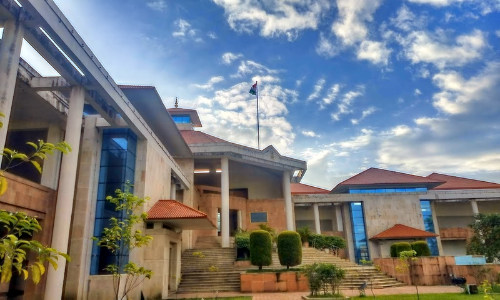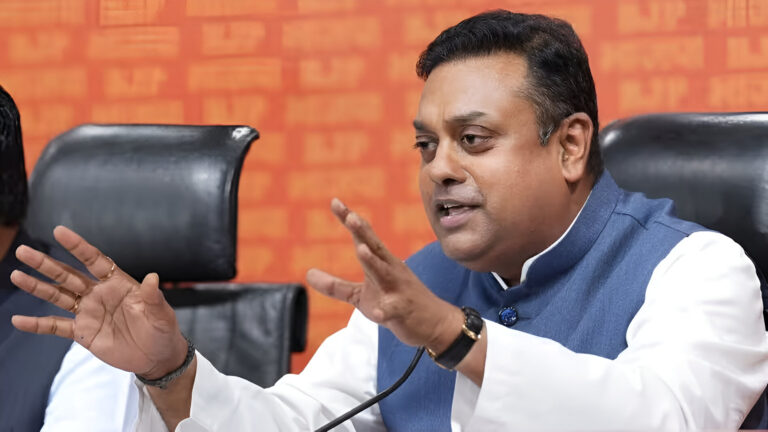Manipur State Government Employees Plan Parliament March on April 11 Against Privatization Policies
State government employees across India are gearing up for a massive Parliament March on April 11, 2025, to protest the central government’s privatization policies and address long-standing grievances, particularly the disparity in benefits compared to central government employees.
Understanding the Grievances of State Government Employees
State government employees have been vocal about several issues that have adversely affected their professional lives and financial security.
The New Pension Scheme: A Double-Edged Sword
The introduction of the New Pension Scheme (NPS) has been a significant point of contention. Unlike the old pension system, which provided assured benefits, the NPS is market-linked, leading to uncertainties in post-retirement financial security. This shift has left many state employees feeling vulnerable, especially when compared to their central government counterparts who enjoy more robust pension benefits.
Privatization Policies: A Threat to Job Security
The central government’s push towards privatization has raised alarms among state government employees. The fear is that privatization could lead to job cuts, reduced benefits, and a shift towards a profit-centric approach, undermining the public welfare ethos that government jobs traditionally embody. Employees argue that such policies not only threaten their job security but also compromise the quality of public services provided to citizens.
Disparity in Benefits: A Growing Chasm
State government employees have long pointed out the disparity in benefits when compared to central government employees. This includes differences in pay scales, allowances, and other perks. Such disparities have led to feelings of being undervalued and have fueled the demand for parity in benefits across state and central government positions.
The Decision to March: A Unified Stand
The decision to organize the Parliament March was made during a two-day meeting of the All India State Government Employees Confederation, held at Mukesh Gupta Bhavan in Kolkata on January 5 and 6, 2025. Representatives from various states, including Manipur, participated in the meeting, highlighting the nationwide solidarity among state government employees.
Manipur’s Participation: A Testament to Resilience
Manipur’s state government employees have expressed their commitment to actively participate in the Parliament March. Despite facing unique challenges, including regional crises that hinder their ability to attend work, these employees are determined to voice their concerns on a national platform. Their participation underscores the widespread discontent with current policies and the collective desire for change.
The Broader Impact of Privatization Policies
Critics of privatization argue that such policies have far-reaching implications beyond the immediate concerns of government employees.
Impact on Public Services
Privatization often leads to a focus on profitability, which can compromise the quality and accessibility of essential public services such as education, healthcare, and transportation. There is a concern that marginalized communities may bear the brunt of such shifts, leading to increased inequality.
Economic Implications
The sale of public assets to private entities is seen by some as a short-term revenue generation strategy that could have long-term economic repercussions. Critics argue that it may lead to monopolies, reduced government revenue in the long run, and loss of control over critical sectors of the economy.
Social Consequences
The move towards privatization is perceived to create a broader crisis, affecting multiple sections of society, including common citizens and students. The fear is that it could lead to increased costs for services, reduced access, and a focus on profit over public welfare.
The Road Ahead: Seeking Resolution
The upcoming Parliament March is not just a protest but a call for dialogue and resolution. State government employees are seeking:
Reevaluation of Privatization Policies
A thorough reassessment of privatization policies to ensure they do not adversely affect public welfare and employee security.
Restoration of the Old Pension Scheme
A demand for the reinstatement of the old pension system or significant reforms in the NPS to provide assured post-retirement benefits.
Parity in Benefits
An appeal for equitable benefits across state and central government employees to address feelings of disparity and undervaluation.
Conclusion
The planned Parliament March on April 11, 2025, signifies a critical juncture in the ongoing discourse between state government employees and the central government. It embodies the collective voice of employees advocating for job security, equitable benefits, and policies that prioritize public welfare over privatization. As the date approaches, all eyes will be on this demonstration, hopeful for a constructive dialogue leading to resolutions that address the concerns of state government employees across India.
FAQs
- What is the main objective of the Parliament March planned by state government employees?
- The primary goal is to protest against the central government’s privatization policies and address grievances related to disparities in benefits compared to central government employees.
- Why are state government employees opposed to the New Pension Scheme (NPS)?
- Employees believe that the NPS, being market-linked, lacks the assured benefits of the old pension system, leading to financial insecurity post-retirement.
- How does privatization affect public services?
- Privatization can lead to a profit-centric approach, potentially compromising the quality and accessibility of essential public services like education and healthcare.
- What disparities exist between state and central government employees?
- Disparities include differences in pay scales, allowances, pension benefits, and other perks, leading to feelings of undervaluation among state employees.
- How are Manipur’s state government employees contributing to the protest?
- Despite regional challenges, Manipur’s state government employees have committed to actively participating in the Parliament March to voice their concerns on a national platform.


